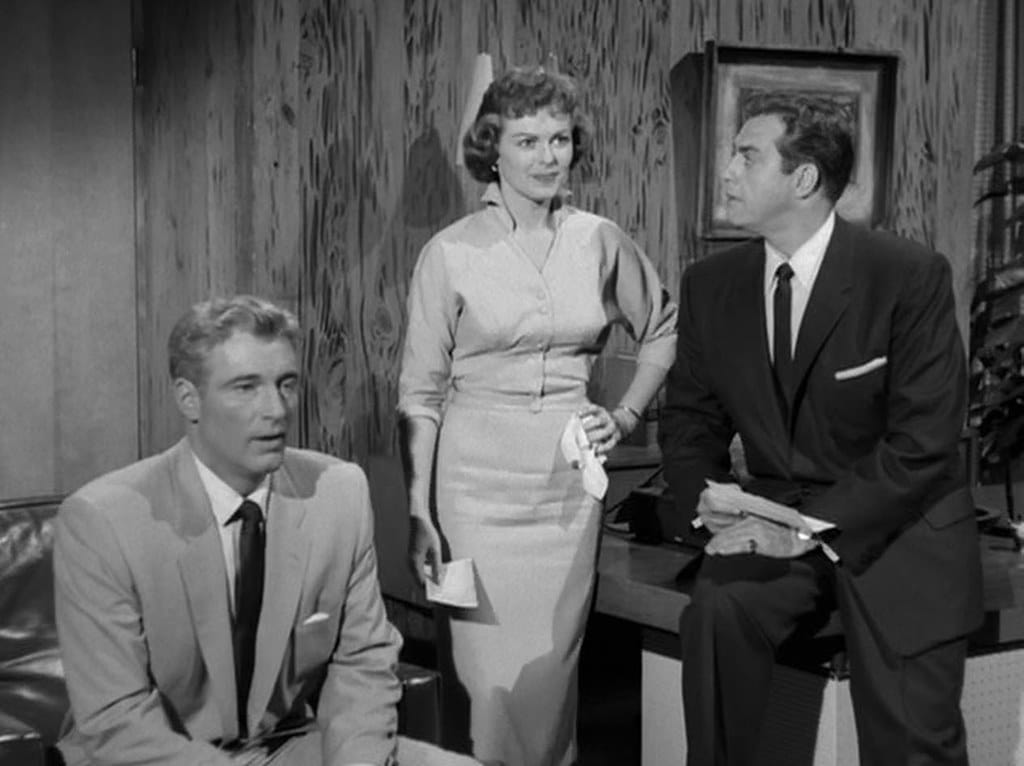
Poodle In The Microwave: Three Common Tenant Misconceptions
Poodle In The Microwave: Three Common Tenant Misconceptions
Mama Cass choked on a ham sandwich. You won 400,000 euros in the Latvian lottery. Barack Obama wasn’t born in the United States. Gerbils. Best of all, after giving her poodle a bath, a woman thought it would be a good idea to dry the dog in the microwave. Urban legends all, but some of them stick. Tenants have some too.
1. I have a five-day grace period to pay my rent.
Not unless your lease says so. Many tenants believe there is a law that requires landlords to give them a five day grace in which to pay their rent. Not true. Other tenants are justifiably confused about a clause commonly found in leases that provides that a late charge will not be assessed if the rent is less than five days late. A clause like this does not change the due date of your rent. Certainly, the landlord cannot charge you a late fee if you pay during the five-day period, but the rent is still due on the due date stated in the lease. You don’t want the landlord to attempt to evict you for habitually paying the rent late. Pay your rent on or before the the due date, usually the first of the month.
2. It will take six months to a year for the landlord to evict me.
Sometimes this is true, but this is the exception, not the rule. As I point out in my blog post, The UD Shuffle: Notice, if you do nothing after you get a notice to quit, the sheriff could be knocking on your door in two to three weeks. Even if a tenant timely answers an unlawful detainer, the landlord’s lawyer can move to set the case for trial within 20 days of the answer. Without a very spirited defense that includes propounding discovery, pre-answer and pre-trial motions and legal representation, a pro se tenant (one who represents herself) will, if she loses, be evicted in about six weeks. In other words, it is not a good idea to assume that you can buy much time just because you go to unlawful detainer.
3. The unlawful detainer case will settle at the mandatory settlement conference.
Yes, it’s true that most civil cases settle before trial, but unless a tenant has a slam dunk defense or she is represented by an attorney vigorously defending the case, what impetus does the landlord have to settle? I speak to many tenants who answered the unlawful detainer complaint, did nothing else and went to the settlement conference hoping to resolve their differences with the landlord. They often express bitter disappointment that they are offered “don’t let the door hit you in the ass” move-out deals. In San Francisco, mandatory settlement conferences are set the week before trial. Trials are set to begin on Monday. Usually discovery is cut off, i.e. there is no more time to depose witnesses or get the evidence that the landlord plans to use against the tenant. In other words the tenant is walking into the court on Monday completely unprepared. If the landlord’s attorney knows this, why would he recommend that his client settle for anything other than a move-out? And I’m talking about a move-out where the tenant may have to pay. We receive many calls from tenants on Thursday or Friday seeking representation for trial the next Monday. Trial preparation takes hours and hours and a lawyer needs to know what kind of evidence is going to be used against his client. Unless your case is an obvious winner, it is unlikely that I will want to spend my weekend preparing to go into court to get blindsided. Don’t think that just because you answered a UD the case will settle, or if it does settle, the settlement will be at all satisfactory.















